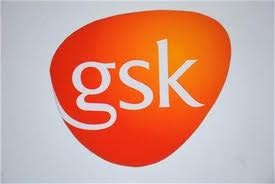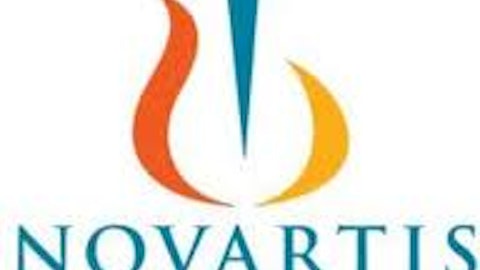
Most recently, executives working for the U.K.-based GlaxoSmithKline plc (ADR) (NYSE:GSK) in China have been accused of, and confessed to, serious corruption and tax-related offences. GlaxoSmithKline plc (ADR) (NYSE:GSK) is not alone, as Chinese authorities are currently undertaking a sweeping analysis of foreign firms operating in the country in an attempt to weed out corruption. The allegations include bribing officials in order to increase sales and open up new sales channels for the company.
Unfortunately, GlaxoSmithKline plc (ADR) (NYSE:GSK) itself disagrees with these allegations, stating that it has monitored the situation in China and found no evidence of corruption or wrongdoing among its employees. These allegations also follow similar claims that GlaxoSmithKline plc (ADR) (NYSE:GSK)’s sales staff showered Chinese doctors with cash for promoting the company’s Botoxanti wrinkle treatment. Allegedly, GlaxoSmithKline plc (ADR) (NYSE:GSK)’s marketing staff had planned to pay doctors $490 for meeting prescription quotas.
Financially, these allegations will not hurt GlaxoSmithKline plc (ADR) (NYSE:GSK) significantly in the short-term as only 3% of the company’s revenue comes from the Chinese market. However, this market is a key area of growth for the company and while sales slow down in other markets, rising sales in China have been offsetting some of the decline. However, if the company faces a selling ban in the country, it could hold back future growth unless some agreement is made with the Chinese authorities.
There are other problems in the industry
On the other hand, biotechnology giants Pfizer Inc. (NYSE:PFE) and Merck & Co., Inc. (NYSE:MRK) are both suffering from patent expirations and falling sales.
Indeed, at the end of the first quarter, Pfizer Inc. (NYSE:PFE) cut its full-year diluted EPS guidance from $1.50-$1.65 to $1.44-$1.59. Pfizer Inc. (NYSE:PFE) blamed part of this decline on currency fluctuations, in particular, the weak yen and the strong U.S. dollar. Unfortunately, these issues are not going to disappear anytime soon as the yen has only become weaker and the dollar stronger.
In addition, the company has been suffering from declining sales due to rising competition and patent expirations. Sales of Pfizer’s key Prevnar 13 drug only raked in $440 million in sales during the first quarter, well short of estimates (10% less) and sales of the company’s second most popular drug, Enbrel, slid 2%. However, the well-known Viagra sold about 10% more than analysts expected.
Unfortunately, it does not seem that Pfizer Inc. (NYSE:PFE)’s new drugs coming to market will be enough to offset the company’s declining sales from existing products. Indeed, sales of the company’s new and highly anticipated blood thinner, Eliquis, and rheumatoid arthritis treatment, Xeljanz, were not reported in first-quarter results, but Pfizer Inc. (NYSE:PFE)’s Eliquis partner, Bristol Myers Squibb Co. (NYSE:BMY), reported sales of $22 million for its share of the drug, about 50% below analyst estimates.
Merck & Co., Inc. (NYSE:MRK) was also hit hard by a rapid drop-off in sales during the first quarter. The company’s leading asthma drug, Singulair, saw sales drop a staggering 75% year-on-year. Moreover, the company’s Januvia product franchise failed to meet targets and sales slipped 4%. The company’s sales did grow in some areas, however. Sales of the company’s HIV drug grew 8% and cervical cancer vaccine Gardasil expanded 30%. That said, Merck & Co., Inc. (NYSE:MRK) still expects revenue to come in 5% below initial estimates for the year.



